Aston University is a research and education institution based in Birmingham, England. Recently, researchers at the agency are experimenting with 3D nanoprinting technology to replicate the neural network of the brain. The project, called MESO-BRAIN, will use pluripotent stem cells produced from adult cells.
This time, the school's researchers are aiming to create working parts of the human brain for screening and transplantation purposes. They will use a 3D nanoprinter to create a neural network of the brain. Dr. Eric Hill, Director of the MSc Stem Cell and Regenerative Medicine Program at Aston University, said: "This research may allow us to reconstruct the brain structure, which will help us understand the brain network format during development and provide tools to help us understand How diseases such as Alzheimer affect these networks."
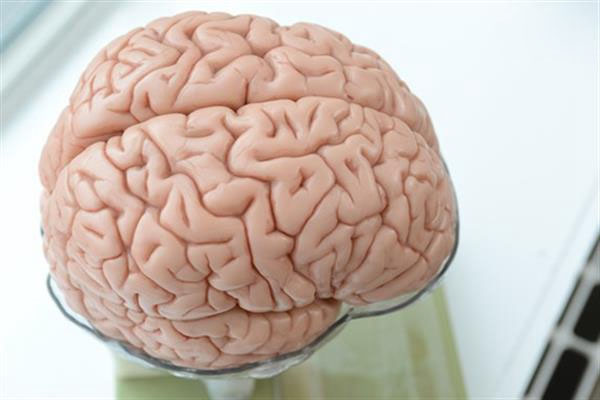
According to the researchers, the new MESO-BRAIN project will involve the use of pluripotent stem cells produced by adult cells that have been transformed into brain cells. They will then print these brain cells in precise form 3D to create neural networks with specific biological structures, in which they use advanced imaging and detection techniques to monitor the activity of the neural network.
Those involved in the MESO-BRAIN project said that if the project can successfully complete the task, then drug testing and treatment screening will be carried out on a live 3D printed human neural network, not human or animal. This may lead to a revolution in medical and neuroscience research and help advance important research on brain diseases such as dementia. According to Tiangong, in the future, 3D printed neural networks may even be used to repair or replace damaged parts of the brain of people with Parkinson's, dementia or other brain damage.
"If we can use 3D nanoprinting to improve the connection of neurons in damaged areas of the brain, we will be able to develop more effective ways to treat those with dementia or brain damage," said Professor Edik Rafailov, head of the MESO-BRAIN project.

Disposable PVC gloves For Housework, factory protection in electronics, chemical industry, aquaculture, glass, food, etc., hospitals, scientific research and other industries; widely used in semiconductor, precision electronic components and instrument installation and operation of sticky metal utensils, high-tech product installation and debugging, Disc drives, composite materials, LCD display tables, circuit board production lines, optical products, laboratories, hospitals, beauty salons and other fields.
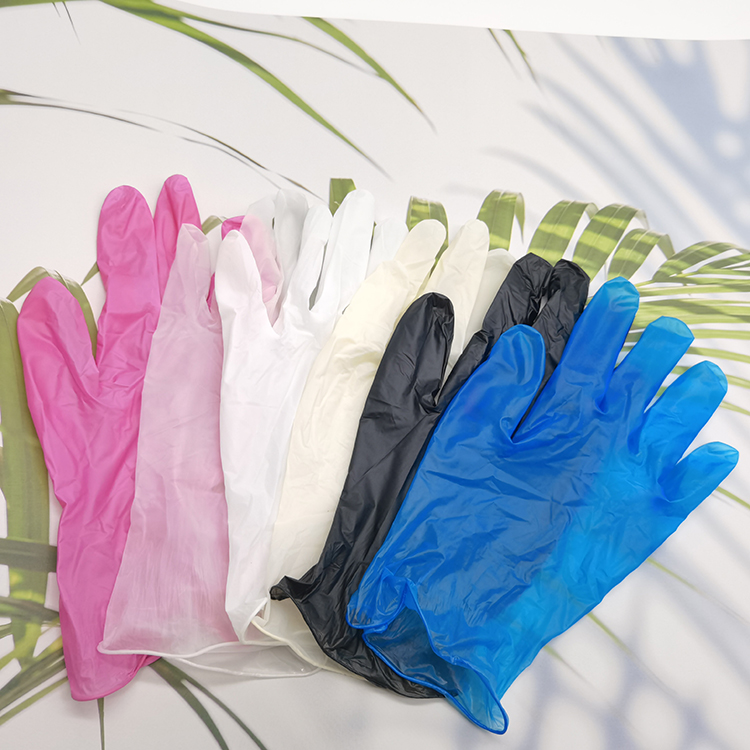
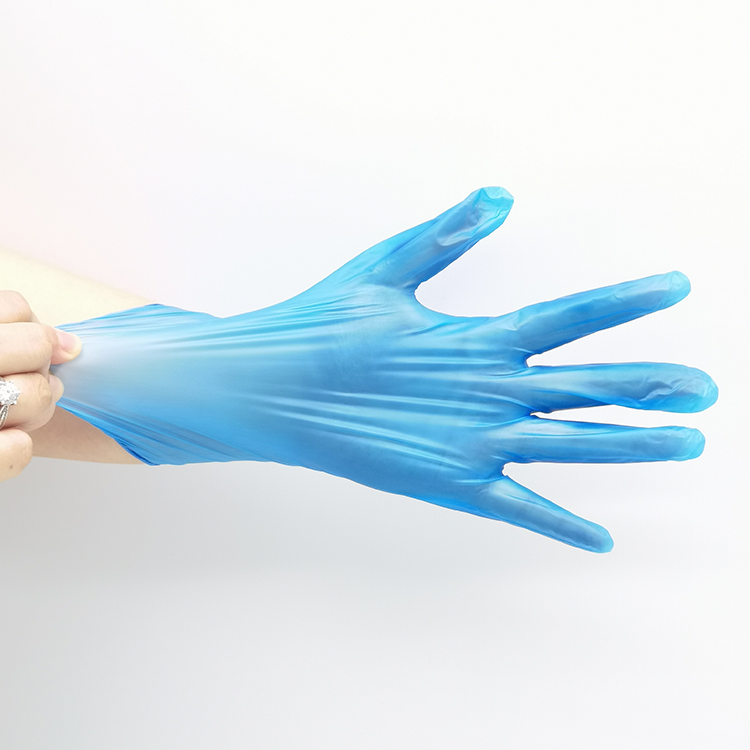
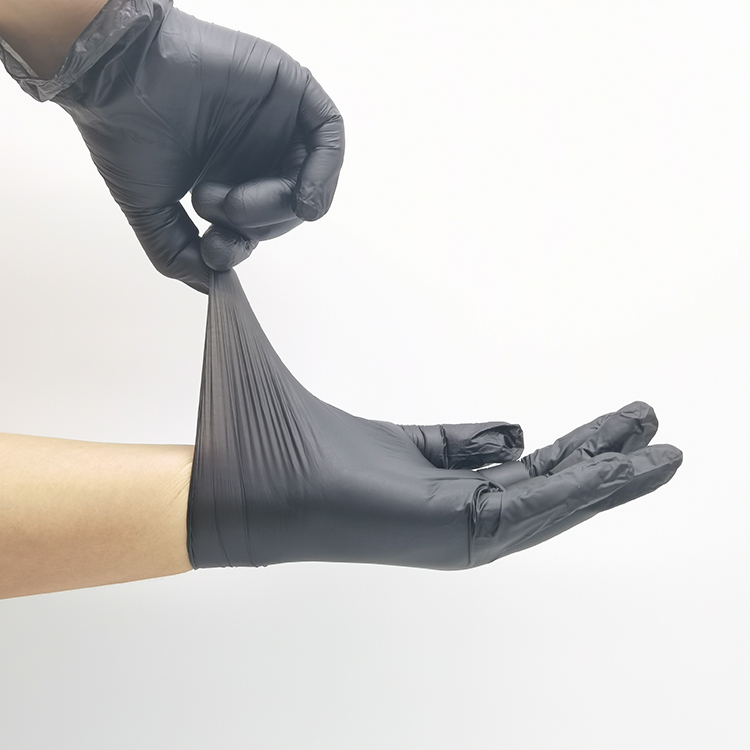
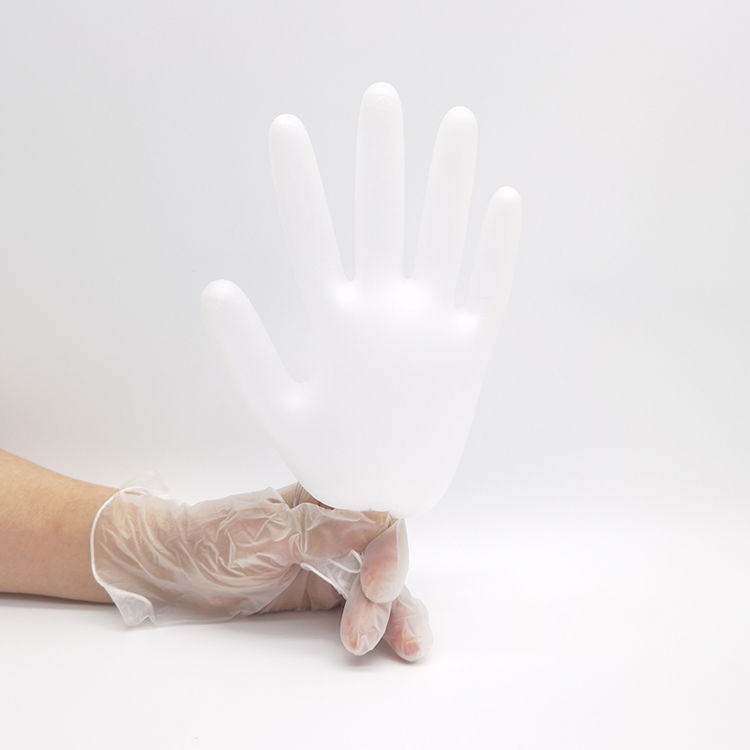
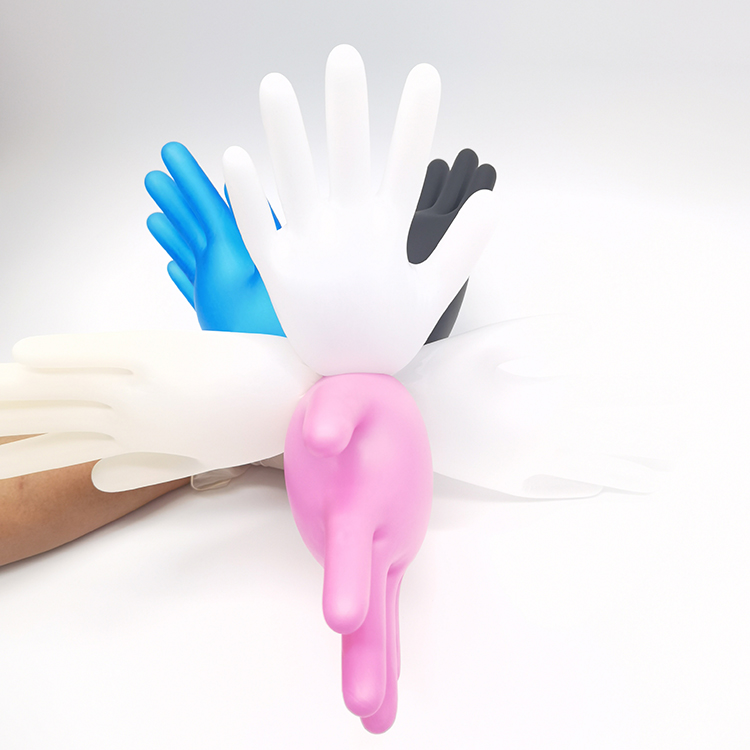
PVC gloves with good grip in wet or oily situations, these premium gloves feature a sandpaper finish on double-dipped black PVC. The jersey liner provides support while retaining the flexibility to reduce hand fatigue. They are 18-inches long with a wide cuff that grants protection while remaining easy to put on and take off.
Black PVC is resistant to oils, grease, and chemicals
Jersey liner provides support for glove shape, reducing hand fatigue
Double-dipped for extended wear and abrasion resistance
Sandpaper finish enhances grip in wet or oily situations
18-inch length extends protection up the arm
Gauntlet cuff allows for easy donning and removal plus extra forearm protection
Pvc Gloves,Black Pvc Gloves,Long Pvc Gloves,Polyvinyl Gloves
Jiangsu Asbao Medical Technology Co., Ltd. , https://www.iigloves.com